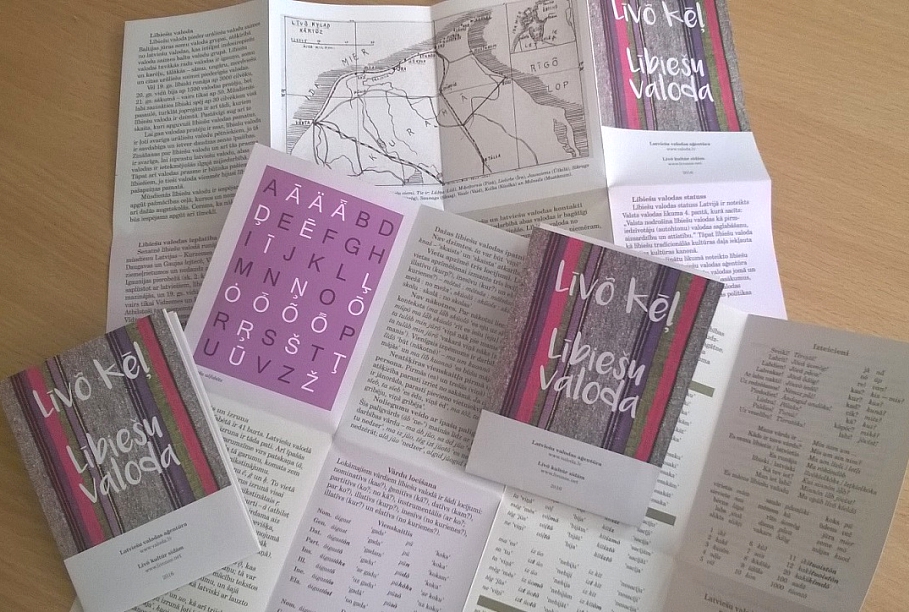"Conservation of diversity in nature and among people has become a global priority in recent years. We want diversity in terms of national languages and cultures, especially the ones on the brink of extinction that mankind has ignored for many years," Levits said.
"Finns, Estonians and Livonians, who have inhabited the shores of the Baltic Sea since ancient times, are our Finno-Ugrian link to these languages and cultures.
"Livonians, which is in terms of speakers the smallest Finno-Ugrian nation, still inhabit Latvia and form one of the core components of modern Latvian culture and language. Livonian traditions have contributed to Latvia’s unique European cultural identity.
"Our Official Language Law also seeks to preserve, protect and support the development of Livonian language as the indigenous language of Latvia. Law obliges our state to take care of and protect the Livonian heritage by supporting research and promoting public awareness. However, historic justice requires us to strengthen the Finno-Ugrian elements of our past and enable more intense interactions between Finno-Ugrian and Latvian identities.
"The home of Livonians – Latvia – is committed to taking care of its other indigenous nation," Levits said.
After outlining current measures to that end, Levits said he was "absolutely certain that a Livonian renaissance has reached unprecedented heights in the modern history of Latvia, largely thanks to numerous very committed, dedicated and active members of the Livonian community."
"I think all nations can learn from Livonians how to nurture your own language, traditions and culture and how to ensure they continue into the future."
He also expresed hopes that the congress would one day take place on Latvia soil.
The Liiv language is indigenous to Latvia and has been included on the UNESCO Atlas of the World's Languages in Danger as one of the most endangered in the world. It's currently the most endangered language in Europe.
For more on efforts to preserve the Liiv language, you might also like to watch this documentary on the subject.
As explained by ERR News in Estonia, while Estonia, Finland and Hungary are the only majority Finno-Ugric sovereign nations (Latvia is home to the Livonian minority), various Finno-Ugric nations have their homelands across a vast swathe of northwestern Russia, with the numerically largest nationalities including the Komi people, of the Russian Federation republic of the same name.
Linguistically, the Finno-Ugric languages are classified as a sub-group of the Uralic group, and in fact make up the bulk of that category. The "Finno" part of the binomial include Estonian, Seto and Võro languages (in Estonia), Livonian (Liivi) in Latvia, as well as Finnish, while the "Ugric" component includes Khanty and Mansi, in addition to Hungarian.
The Sámi languages are spoken in northern Scandinavia and the Kola peninsula in Russia.
A total of close to 400 people are taking part in the VIII World Congress – 124 delegates and almost exactly twice that number of observers, organizers say on their website.





























